tell ’em how you really feel
carte blanche is a monthly column by storyteller and artist bahia watson. this is a free space.
in third grade, my mother charged me with the task of preparing, with her guidance, a black history month presentation for my class. armed with random afrocentric artifacts from around my home—a fan made of woven palm leaves, a yellow laminated placemat featuring a summary of the underground railroad, and a young mind brimming with the knowledge of all things harriet tubman—i stood in front of my teacher and classmates and nervously opened my mouth to fill the gap in the curriculum that was me.
black history month was once a time i loved. it was an opportunity to feel recognized and proud, to be reminded of our collective achievements and reiterate our inherent value to a world that, in every other month, and in every other way, operated on a structural philosophy that believed otherwise. it was a time of celebration where, like camels, we would drink in all the glorious black content that we could in the shortest month of the year, filling the hump so that it might sustain us through the dry seasons of our exclusion that were sure to follow. the annual interest in black people was once considered progressive. it feels different now. everything does.
tokenism is the avenue of change most favoured by the white liberal and their institutions. slow enough as to not disrupt the comforts of their privilege, while also providing a sweet sense of being one of the good ones; a sense of protection, promising that no one can get mad at me now. one way to identify that tokenism is occurring is noting where the colour appears. when all of the representatives of “diversity” are in public-facing positions, it is very likely that tokenism is occurring.
the start of the theatrical rehearsal process usually begins with the table read. this is when the full company gathers together to hear the play read aloud, hear the designers present their visions for the piece and meet the producers and administration team involved. this is the day where it can be confirmed: okay, i am the diversity in the room. okay, i am alone.
i want to describe the feeling of being a token, because i, myself, want to better understand it. there’s something elusive about the problem because often, in my experience, one is treated very well and seems, by all accounts, to be appreciated with a sense of sincerity. it can make you question your sanity, doubt your gut. am i being paranoid? am i making problems out of nothing? is this the uncomfortable yet necessary path toward meaningful change? yet there is an undeniable undercurrent of providing a service you haven’t discussed and no one will admit to. of being a structural after-thought. of the possibility that your invitation was, to some degree, forced. that i am a compromise, a concession, a source of absolution. this is the reason why, just when opportunities were opening up for me as an actor, i withdrew from theatre. something didn’t sit right with me.
the new york times, september 26, 1963. a headline reads: “NEGROES ‘DUPED’ AIDE OF KING SAYS”. the king is dr. martin luther king jr. and the aide is reverend wyatt tee walker, who is quoted as saying, “we have been duped – or we have duped ourselves – into believing the chains have been broken, when in truth we have only been chained more securely. half-freedom has in many instances been worse than no freedom at all.” i came across this quote through malcolm x, who, in a conversation at the university of berkeley that same year, used it to answer the question of what he thought of king’s approach to change.
i would wonder, what were the conversations that happened prior to my involvement in this project? what was the discussion around the casting choice that involved me? what language was used? what feelings were felt? i’ve had many frank discussions with white theatre colleagues where they’ve expressed that they’ve felt forced (inferring bullied) to hire diversely, that it pushed them outside of, and therefore compromised (or at least, complicated the ease and purity of), the manifestation of their artistic vision. i have been told that one must change (inferring lower) their standards in order to be inclusive (present company excluded, of course, they said). i have spent many hours working with people who you can tell, because you can always tell, only have white friends, and place upon you the task of being their insight into the mind of the dark side.
hey, can you come watch my show and tell me if it’s racist? hey, can you read this and tell me if it’s racist? don’t worry, that’s the only information i need from you, nothing else. am i being racist, yes, or no? will i get in trouble? like, will they come for me? thanks.
somehow, canada has developed a brand of being one of the good guys, of being socially progressive, polite, and not all that racist, despite all historical (and current) evidence to the contrary. akin to the frustrations of black americans—the northern white population was actually quite similar in intent to the southern white population, just with a different personality—this kind of hypocrisy obscures reality in a way that makes it harder to oppose, and easier to be gaslit. but, summer 2020, it was one for the books, if we write them. the truth we knew and spoke of, ad nauseam, finally came into clear and certain view. we stayed up nights, sharing information, past and present, describing the thing, every word, every story, drawing a line, adding definition and dimension, contouring what was fragmented and, invisible to some, was connected by strokes of blood and bodies and pain. slowly, the image came into focus, in all its grandeur, for all to bear witness: this is the monster, this is white supremacy, this is what we’ve been talking about. it is not in our minds, it is here, now, and has been here all along. so, what are we going to do about it?
while there were some performative gestures of hurried support from white folks towards their one black friend, those who remained completely silent, and stubbornly exercised the privilege of opting out of the conversation entirely, were much worse to me. in a world on fire, they seemed extremely cold and i wondered, in the words of poet warsan shire: are you made of stone? are you made of iron? or, more directly – are you racist? i lost trust in individuals and organizations who were scared to simply say black lives matter, who said that that was political and they were not used to making political statements. what are the politics of black lives mattering? who are you worried you’ll offend? what is the alternative to that statement? is that statement extreme? is it up for debate? i made a decision to change my life that summer and ended some relationships, including some long-lasting ones.
does that qualify as cancelling? i cringe at even writing the word because i find it a really annoying and empty slogan and i consider the concept of it being a culture very misleading, to say the least. what is cancel culture? structurally and historically obstructing groups of people from the opportunity to a full human existence, is that canceling? if someone losing their job is cancel culture, is someone never being hired in the first place canceling too? is marginalization, as an action of treating people as insignificant and structurally confining them to the periphery of society a form of canceling? is hoarding resources a form of canceling? is systemic oppression cancel culture? i don’t know what people are talking about.
i do know what people are talking about. usually. people with power are rattled by oppressed people using technology to increase their collective power and establish their voice in the conversation around who we are as a society and using that power to advance the status quo to a standard of acceptable behaviour that includes the protection of their human dignity. people who have experienced the privilege of living in a world designed in alignment with their interests feel pinched when historically silenced and suppressed voices emerge from beneath them to say: you are trampling me, and it needs to stop, here is the boundary. this sudden hard line, this sudden strategic capacity to affect people who exist on the top tiers of the hierarchical structure that normally kept them out of consequences’ reach, this is what they wish to continue to suppress, to slow down to a pace that suits their comfort level, to, in their words: cancel.
i would argue that we cannot afford to slow down. the urgency for thorough and radical change is real and present. in addition to the timeless social justice issues of today, and the pandemic that continues to expose the inequalities in our societies, we are also in the midst of a climate crisis will further challenge our very existence. a future with any beauty left can only be accessed through a radical evolution in thought, in values, in who we are as a species and what is important to us and it will require sacrifice and restructuring. we cannot continue the same way, we cannot simply rearrange the pieces. we need a new way of being in the world, and in order to do that, we need to repair the damage done. i believe our survival on this planet depends on this. there is no time to waste debating the humanity of humans. dehumanizing rhetoric and policies divide us. it is a division at the most fundamental level and keeps in place a hierarchical structure that cannot, and will not, be sustained. we have a long way to grow. our survival as a singular species, a singular race, depends on it. no one needs to hear theories on which people are more people than others. this is not a contribution, it is a harmful distraction. white supremacist patriarchy has facilitated the conversation long enough. there is a movement to create a better, more compassionate world so take your phobias to your therapist, they have had their time in the spotlight. they are not at the forefront of thought. we have to rise to the occasion. we must carry onwards, now.
i can’t conceive of the future and often feel caught in a simultaneous past but last summer i started making decisions for myself that could carry me in the direction of a life that best aligns with my values. i decided i would not be shy about rejecting the hetero-patriarchal white supremacist delusion that governs our world. i decided i would not be complacent, that i would lean into the courage necessary to be of service to the transformations that i believe our world needs to make in order for not only humans to survive, but for the planet to survive as an abundant, harmonious whole. i decided that i am not inconsequential; that the world needs me, that it needs me to express my point of view with as much brave precision as possible; that this is an act of love, that my silence serves no one. i decided that i cannot be a leader without the assumption that i will make mistakes, because i am human, and that i would commit to a practice of self-accountability to guide me through when i do. i decided that i would embrace my standing as an outsider and share my perspective. i don’t want to go inside anymore, i don’t want to fit in. my view from here is clearer. this is where i am bright.

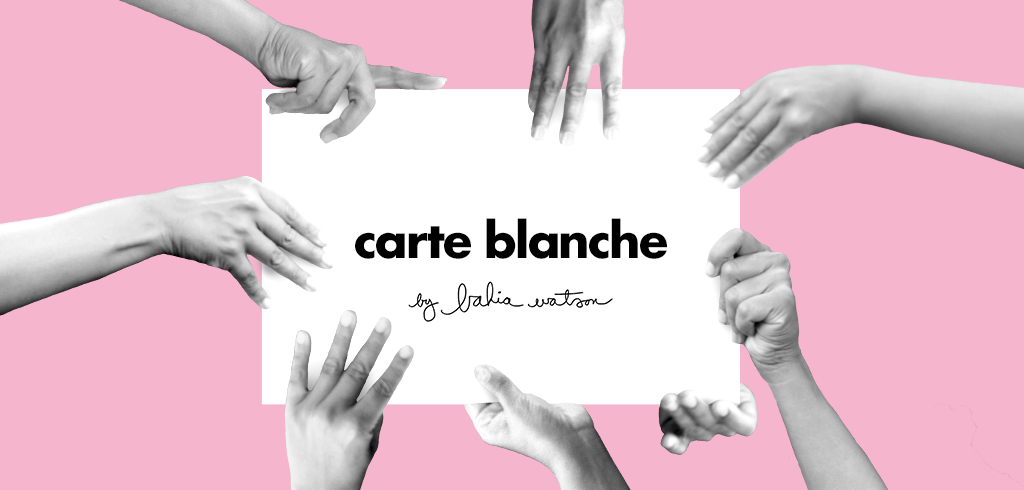

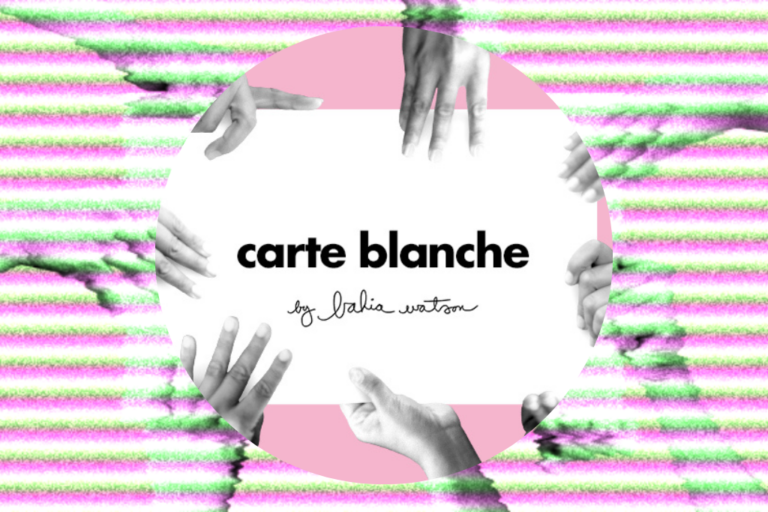
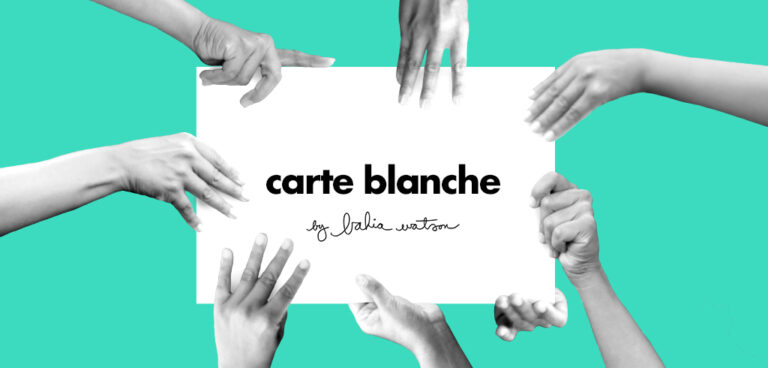
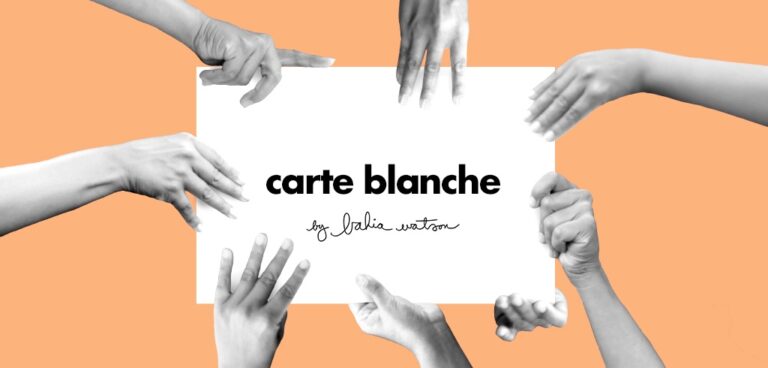
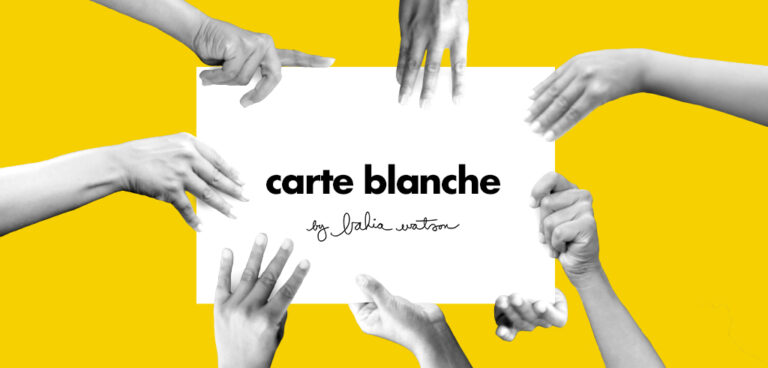
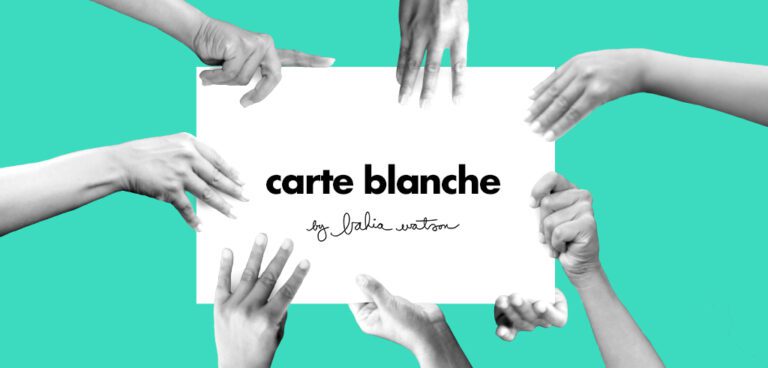
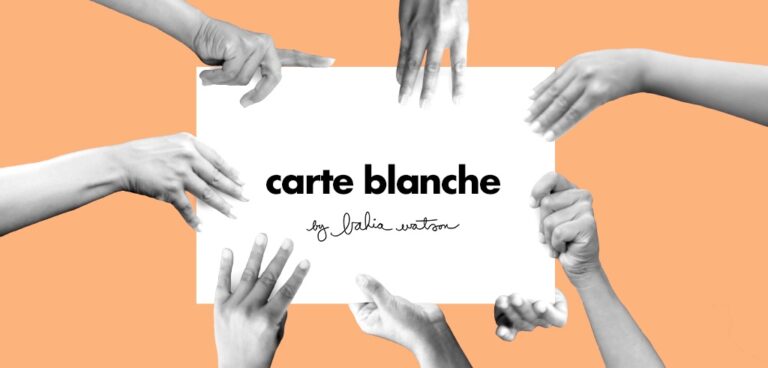
Comments